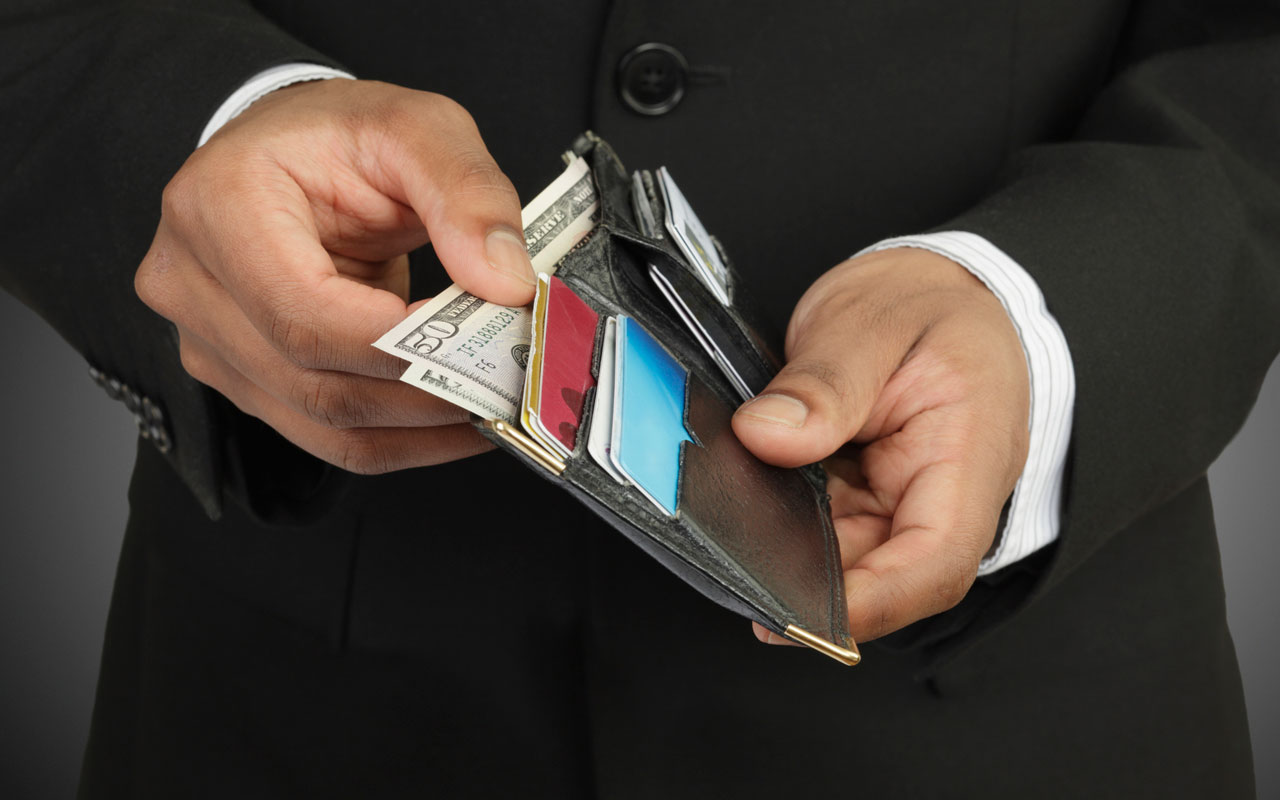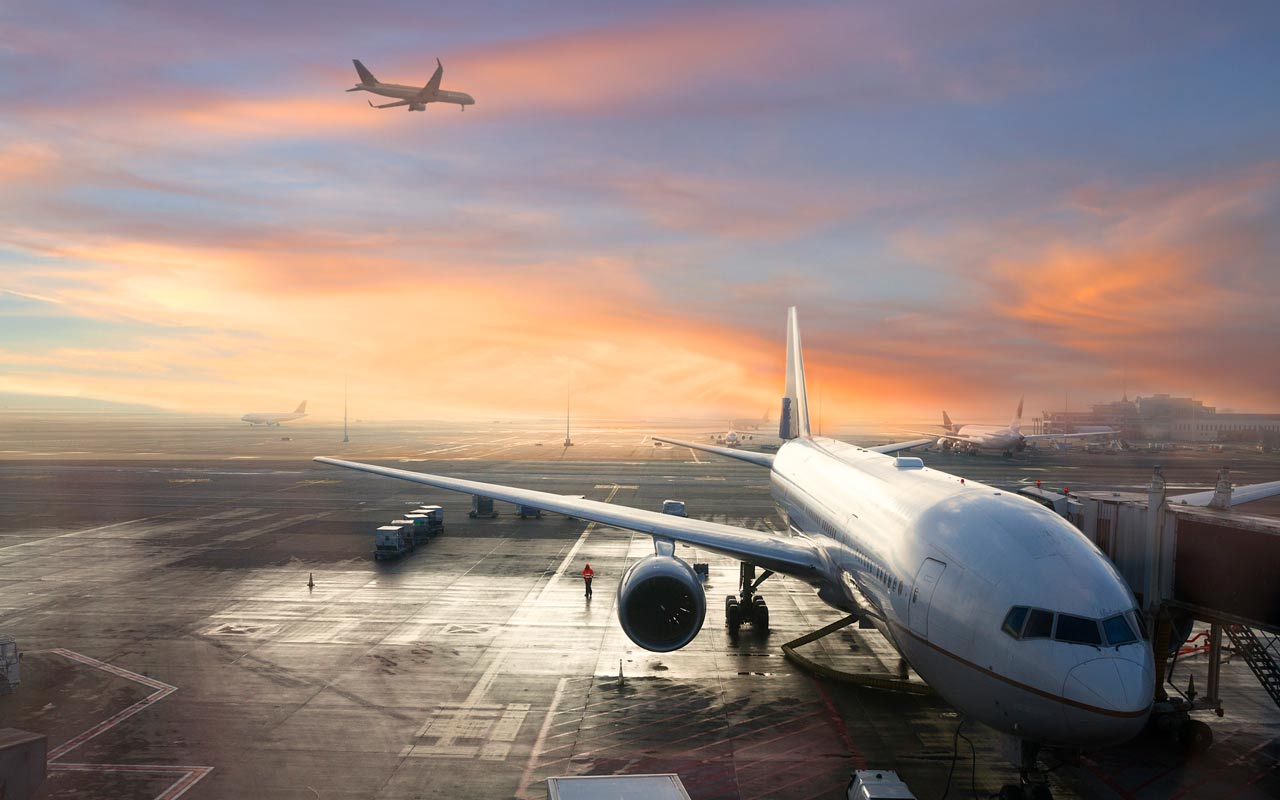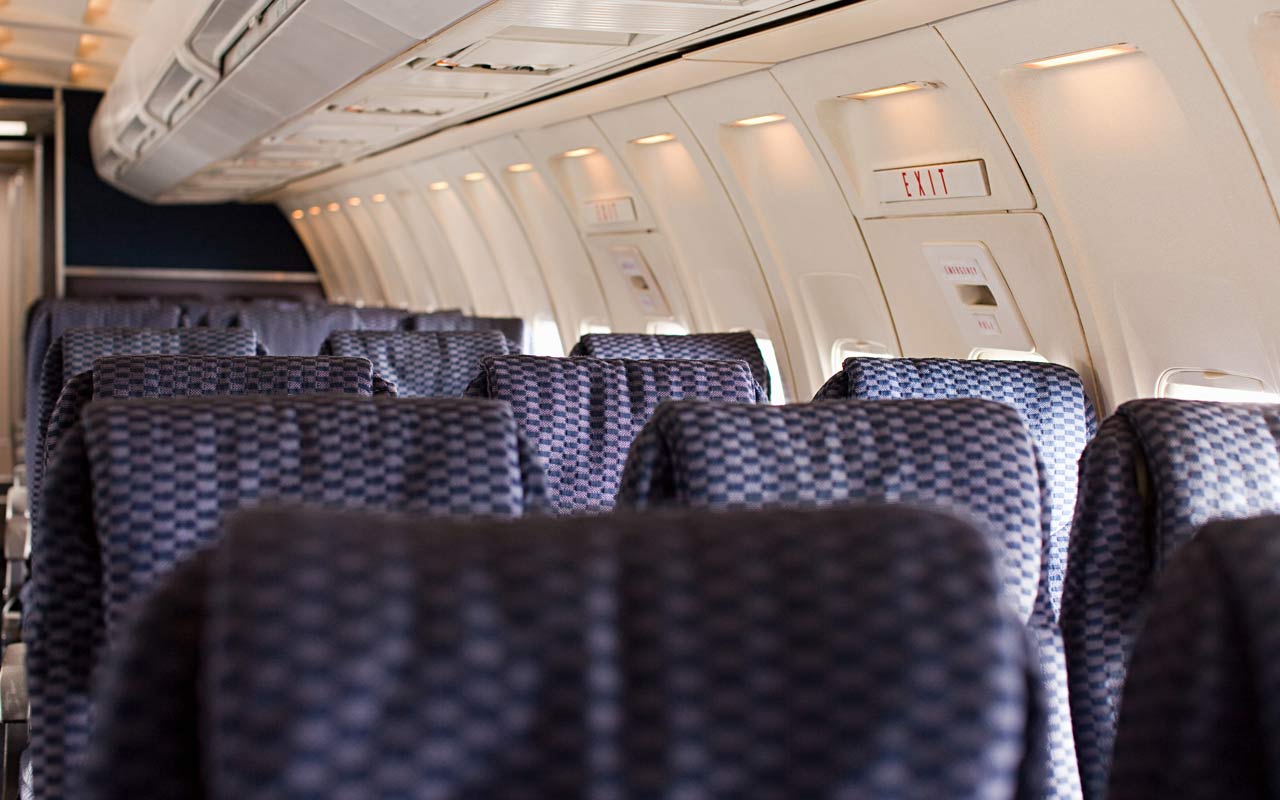4 Ways to Get More Value From Your Travel Rewards Points
Points-and-miles blogs are awash with strategies on how to snag free flights by racking up rewards points, often through everyday spending on credit cards.


Profit and prosper with the best of Kiplinger's advice on investing, taxes, retirement, personal finance and much more. Delivered daily. Enter your email in the box and click Sign Me Up.
You are now subscribed
Your newsletter sign-up was successful
Want to add more newsletters?

Delivered daily
Kiplinger Today
Profit and prosper with the best of Kiplinger's advice on investing, taxes, retirement, personal finance and much more delivered daily. Smart money moves start here.

Sent five days a week
Kiplinger A Step Ahead
Get practical help to make better financial decisions in your everyday life, from spending to savings on top deals.

Delivered daily
Kiplinger Closing Bell
Get today's biggest financial and investing headlines delivered to your inbox every day the U.S. stock market is open.

Sent twice a week
Kiplinger Adviser Intel
Financial pros across the country share best practices and fresh tactics to preserve and grow your wealth.

Delivered weekly
Kiplinger Tax Tips
Trim your federal and state tax bills with practical tax-planning and tax-cutting strategies.

Sent twice a week
Kiplinger Retirement Tips
Your twice-a-week guide to planning and enjoying a financially secure and richly rewarding retirement

Sent bimonthly.
Kiplinger Adviser Angle
Insights for advisers, wealth managers and other financial professionals.

Sent twice a week
Kiplinger Investing Weekly
Your twice-a-week roundup of promising stocks, funds, companies and industries you should consider, ones you should avoid, and why.

Sent weekly for six weeks
Kiplinger Invest for Retirement
Your step-by-step six-part series on how to invest for retirement, from devising a successful strategy to exactly which investments to choose.
Points-and-miles blogs are awash with strategies on how to snag free flights by racking up rewards points, often through everyday spending on credit cards. But when you're earning and redeeming points, a few lesser-known tricks can save you money and squeeze more value from your travel rewards.

Compare Paying Cash With Using Points
When you book an award ticket, points cover only the base fare. Taxes, fees and surcharges can add anywhere from a few bucks to a few hundred dollars. Depending on how much those fees add, "it may be better to pay for the ticket yourself instead of blowing 100,000 miles and paying a fuel surcharge," says Chris Lopinto, president of ExpertFlyer.com, a subscription service for air travel information.
Fuel surcharges (sometimes referred to as carrier-imposed surcharges) can add, say, $800 to the cost of a round-trip business-class flight to Europe or $300 to the cost of an economy-class flight, says Gary Leff, author of travel blog ViewFromTheWing.com. United doesn't charge these fees, but American Airlines and Delta do when you redeem their miles for flights with certain partner airlines.
Some fees are avoidable, such as the "close-in fee" (typically $75) some airlines charge for booking award travel less than 21 days before departure. Others are minimal, such as the September 11 security fee ($5.60 one-way or $11.20 round-trip) for any flight originating in the U.S.

Tap the Power of the Portal
The best way to stay flexible and jump on the best deal is to use a credit card that racks up "transferable" points. For example, the Chase Ultimate Rewards and American Express Membership Rewards programs let you transfer your points from participating Chase or Amex cards to a number of airline (and hotel) partners. They also let you use your points to purchase flights reserved through their travel portals.
To figure out which redemption is better for a particular flight, you first need to calculate the value of your points by dividing the cash price of the plane ticket by the number of points you need for the fare. Say you have racked up 50,000 points with the Chase Sapphire Preferred card and a flight that costs $500 in cash requires those 50,000 points to book it. If you were to transfer your stash to buy that ticket, each point would be worth one cent. But Preferred cardholders can also redeem their points through the Ultimate Rewards travel portal for 1.25 cents apiece–meaning you'd need to spend only 40,000 points to buy that same $500 ticket.

Check with Partner Airlines
Sometimes an airline's partner requires fewer miles to book the same trip than the airline's own program–even for a domestic flight. For example, flying round-trip from the continental U.S. to Hawaii on Delta recently cost 52,000 miles using Delta's award program but only 30,000 miles if you booked through Flying Blue, the frequent-flier program of partners Air France and KLM, says Emily McNutt, of ThePointsGuy.com. To book with a partner airline using points you earned with your rewards card, you will need a card that allows you to transfer your points.

Beware of Nonexistent Seats
An airline may release more seats to its own frequent fliers than to members of partner programs. If seats appear to be available on a partner airline but you have problems booking, check with the program where you earned the miles to be sure you're eligible for the seats, says Lopinto.
Also, airline search tools sometimes show "phantom award space"–seats that appear to be available but that you cannot actually reserve–when you try to book on partner airlines. Before you transfer your points, make sure the seat exists by initiating the booking process or confirming with an airline agent.
Profit and prosper with the best of Kiplinger's advice on investing, taxes, retirement, personal finance and much more. Delivered daily. Enter your email in the box and click Sign Me Up.

-
 Nasdaq Leads a Rocky Risk-On Rally: Stock Market Today
Nasdaq Leads a Rocky Risk-On Rally: Stock Market TodayAnother worrying bout of late-session weakness couldn't take down the main equity indexes on Wednesday.
-
 Quiz: Do You Know How to Avoid the "Medigap Trap?"
Quiz: Do You Know How to Avoid the "Medigap Trap?"Quiz Test your basic knowledge of the "Medigap Trap" in our quick quiz.
-
 5 Top Tax-Efficient Mutual Funds for Smarter Investing
5 Top Tax-Efficient Mutual Funds for Smarter InvestingMutual funds are many things, but "tax-friendly" usually isn't one of them. These are the exceptions.
-
 Why It's Worth Booking a Winter Vacation
Why It's Worth Booking a Winter VacationTravel Smart In the early months of the year, travel demand dips — and so do prices.
-
 5 Ways to Save on a Trip to the 2026 Olympics in Italy
5 Ways to Save on a Trip to the 2026 Olympics in ItalyA guide to going to the Milan-Cortina 2026 Winter Olympics without breaking the bank.
-
 The Best (and Worst) Airlines for Flight Delays and Cancellations
The Best (and Worst) Airlines for Flight Delays and CancellationsWhich airlines should you book and which should you avoid if you want to make it to your destination on time?
-
 Four Luxury Spa Resorts for Well-Heeled Travelers
Four Luxury Spa Resorts for Well-Heeled TravelersWe hand-picked these U.S. luxury spa resorts for their serenity, amenities and dedication to the comfort of older travelers.
-
 Child-Free Cruises Perfect For Your Retirement Celebration
Child-Free Cruises Perfect For Your Retirement CelebrationHow to find a bespoke ocean or river vacation for adults. Many of these options are smaller, charming river cruises, expeditions, or niche experiences.
-
 Noctourism: The New Travel Trend For Your Next Trip
Noctourism: The New Travel Trend For Your Next Trip"Noctourism" is a new trend of building travel and vacations around events and plans that take place at night. Take a look at some inspiring noctourism ideas.
-
 My Husband and I Retired at 67 With $3.2 Million, But He's Frugal About Travel. How Can I Convince Him to Loosen Up?
My Husband and I Retired at 67 With $3.2 Million, But He's Frugal About Travel. How Can I Convince Him to Loosen Up?We asked financial planning experts for advice.
-
 Cruise Lines Sue to Block Hawaii’s New Climate Tourism Tax
Cruise Lines Sue to Block Hawaii’s New Climate Tourism TaxState Tax Your vacation to the Aloha State could come at a higher price tag next year. Here’s why.
